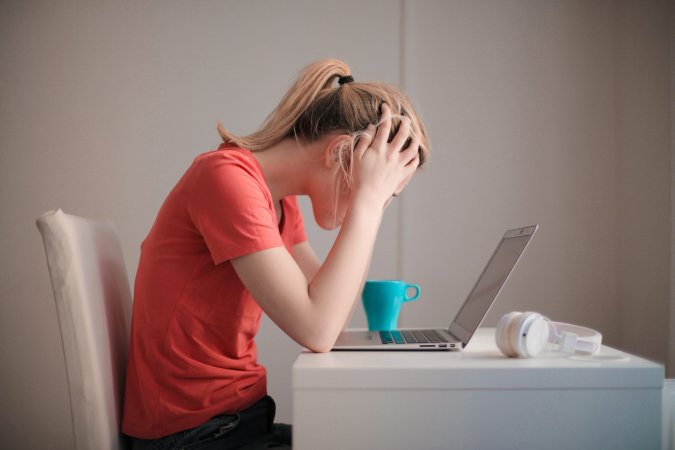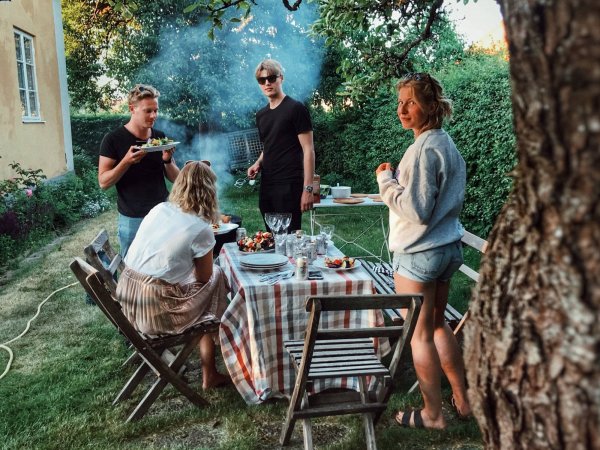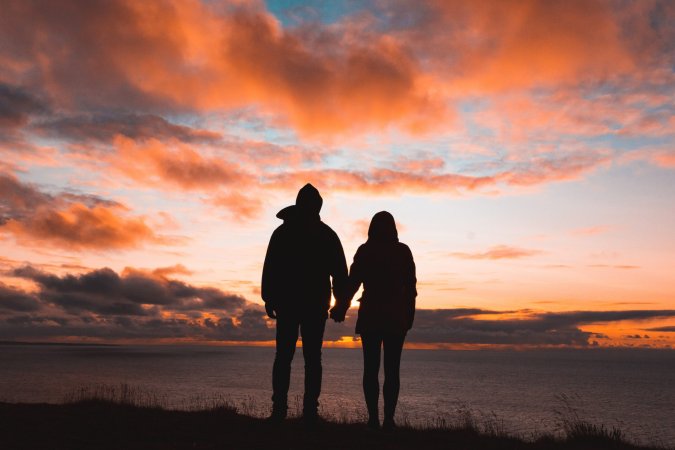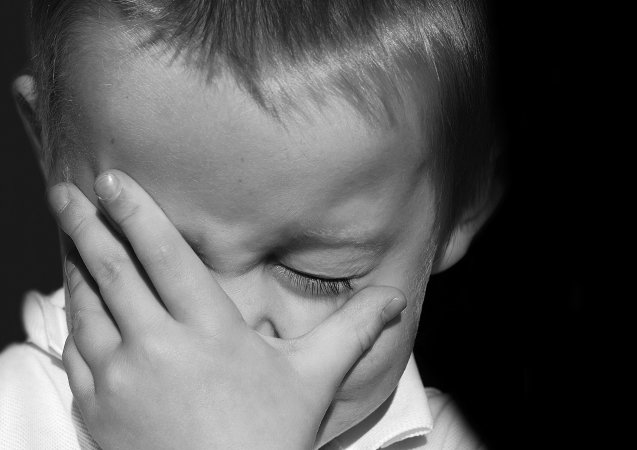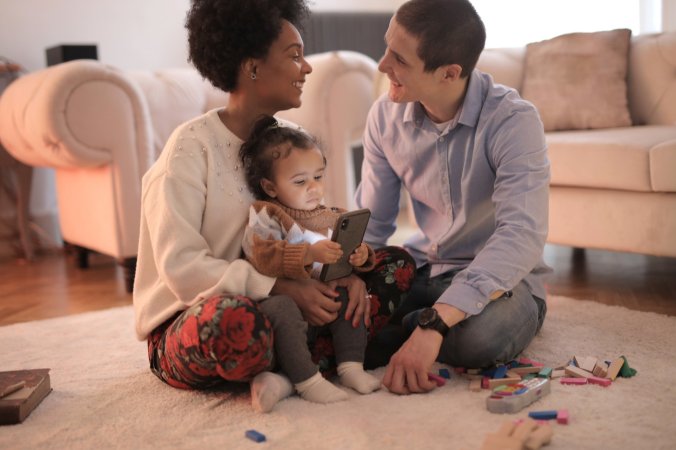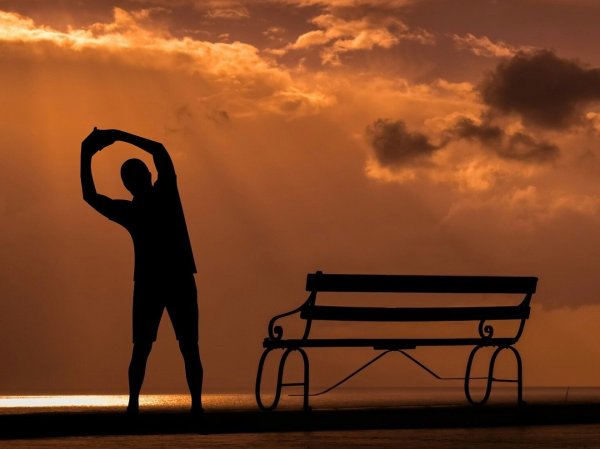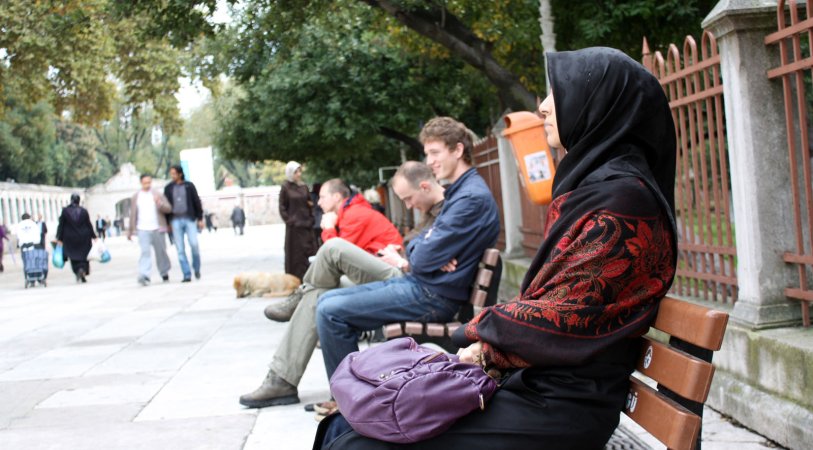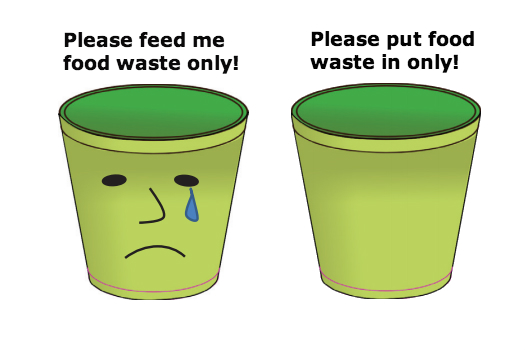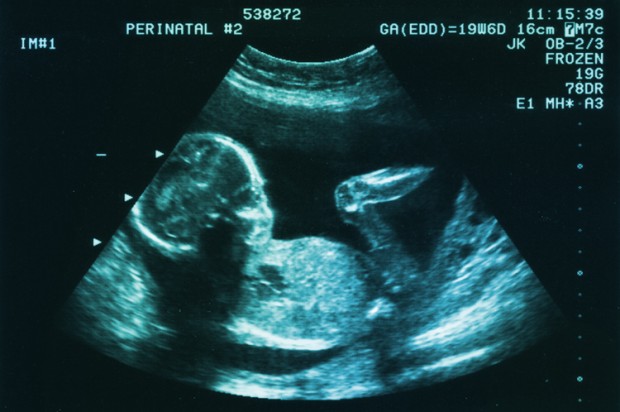

Follow all of PopSci’s COVID-19 coverage here, including the most recent numbers, tips on how to make your own masks, and advice on what to donate for health care workers.
For as long as humans have been alive, we’ve been memorializing, praying, and ritualizing the significant turns of life, and death. Even Neanderthals might have buried their dead. Across the world today, saying farewell to a beloved family member could mean anything from Malagasy turning of the bones ceremonies to Jewish communities sitting shiva.
“It’s pretty much written into our DNA as humans as much as language [is],” says Maribel Alvarez, an anthropologist at the University of Arizona.
The main thing that these rituals have in common is community. Right now, when people are more separated than ever, it can feel impossible to properly mourn the loss of human life to COVID-19 or anything else.
Losing someone you love is always awful, but amidst a global pandemic, it almost seems unrecognizable. People are dying alone in hospitals from a virus that is still baffling doctors, health officials, and other experts. Just as troubling for the world over is how to deal with the loss of a loved one at a time when staying apart is imperative.
The first step to dealing with grief while isolated is to understand what you’re feeling, says Kathy Shear, the founder and director of the Center for Complicated Grief at Columbia University. Grief isn’t synonymous with feeling down or struggling with depression; the condition is marked by yearning, longing, and sadness as the result of losing someone, or something, we value, and coming to terms with a less-than-ideal reality.
“Grief is the response to losing something or someone very meaningful to us,” Shear says. “Each relationship we lose, we experience grief in a different way because it really depends on what we lost.”
Guilt and anger can also accompany sadness and longing, and further boggle your mind with what if’s. This can be especially heightened as people die without their family near them, or if certain members of a household succumb to the virus, and others survive.
It’s this lingering guilt and anger that sometimes latches on to our lives, making grief something harder to overcome, Shear says. Often, feeling shame or guilt because of how a loved one dies makes it feel like you need to be in pain all the time, making it hard to find peace with reality.
On the other hand, if you’re at home trying to work, raise children, and keep your life under control during the pandemic, all of this can also make it hard to take a moment and really let the grief set in. Shear says it’s okay to postpone your pain if that is what feels best to get through this unprecedented time.
“That’s kind of okay,” she says. “People need to give themselves permission for however way they manage.”
No matter what, it’s important to maintain your wellbeing and ability to be happy, Shear adds. And if your grief, or any other negative emotions, start to overpower your life, you should open up to a friend, mentor, or even a professional that can be accessed without breaking social isolation.
It’s also important to know that even if you haven’t lost someone you love recently, you can still grieve. We’ve all lost freedom and familiarity, some of us have lost jobs, or canceled weddings and graduation ceremonies.
“Sometimes I think it truly is grief,” Shear says of these kinds of emotions. “One of the tip-offs that it is grief is the yearning for something.”
People are social, and we simply don’t grieve well on our own, Shear says. When someone dies, a funeral isn’t just for the sake of reciting scripture passages and breaking out all-black ensembles. Grief is a jarring experience, one that can take over your life. Being with other people who are sharing the experience can feel like a safety net catching you before you hit rocky ground.
“[Social distancing] does take away the opportunity to collectively share,” the University of Arizona’s Alvarez says, “and in that sharing and marking of time, in those memorials where we cry together and sing together, [we really are providing] a soft landing for these very harsh emotions.”
So, what can people do if you can’t process grief in a social way? Alvarez suggests looking not so much at what a ritual is on the surface, but what it provides.
We don’t go to weddings, graduations or funerals over and over again because we need to learn something. But we still show up. And the reason is simple — sometimes, we need to sit there and recognize the change that is happening in our lives and the world around us.
“The essence of ritual is yes being in collectivity with others, but it’s also making it really thick and pausing in the moments to bring certain reflections,” Alvarez says. “I don’t think the opportunity to do that is gone.”
What we can do, Alvarez says, is provide that time for reflection, and add it into our daily lives in the things we are allowed to do.
“We can embellish something that is ordinary,” she says. “A day where you cut flowers and put them on the table and light candles and sing songs. Or bring out photographs. None of these activities we are prevented from doing.”
If you think about it, people have been doing these kinds of nontraditional rituals since before COVID-19, like an online bulletin board that can be accessed by people all across the world or motorcyclists driving together in honor of deceased people, Alvarez adds. Actions that seemed to be oddities before could be the thing you need to help cope with grief you feel now.
While it might seem like the time to despair, it can be a time to get creative, Alvarez adds. Make your daily neighborhood walk into a reflection on the loss of someone you love, and allow yourself to make everyday actions into a ceremony of their own to come to grips with all of the complex emotions that grief brings. A ceremony isn’t necessarily a ceremony because of what you wear, do, or say—it’s about allowing yourself to accept change and all the emotions that come along with it.
